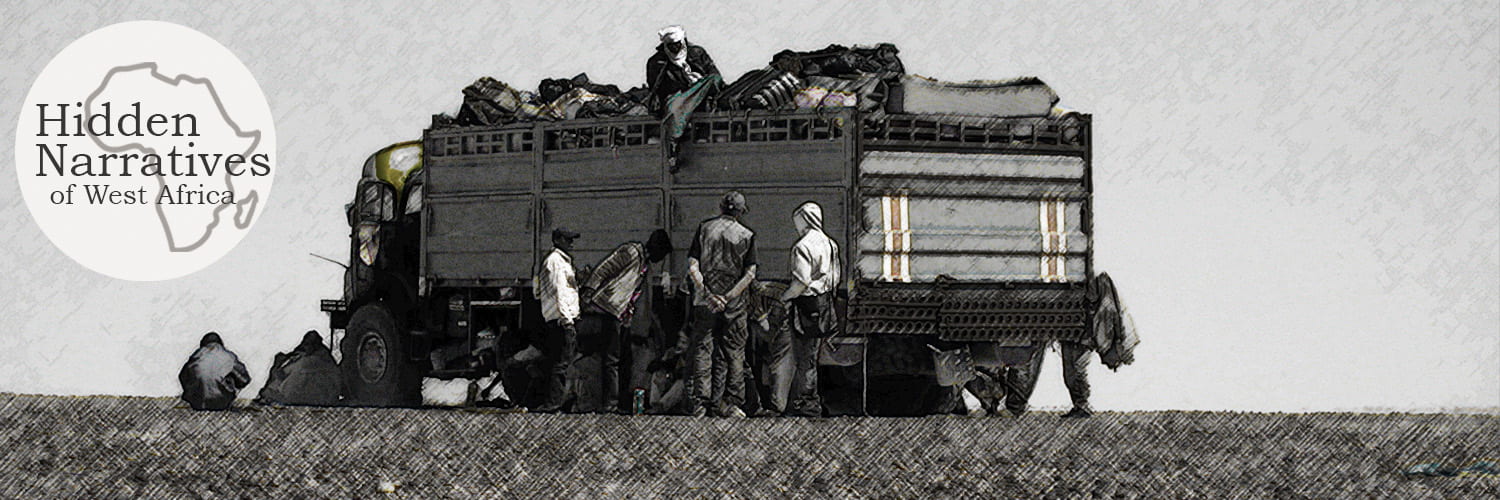Contrary to the security discourse on Africa as a “hub” of world traffic, the journal Politique africaine offers an immersion in the daily life of consumers and sellers of cannabis, tramadol or cocaine derivatives.
[Research] demonstrates that while drugs are outlawed, they are never “completely outlawed by society”. Their sale and consumption are the subject of intense negotiations to determine in which cases they are moral or socially acceptable. Thus, in Abobo [Côte d’Ivoire], the [cananbis] smoking rooms prosper through subtle negotiations between the police, notables, traders, political and religious actors. In Ouagadougou, drug users try to reconcile addiction with professional and family tasks. In Mali and Niger, the Tuareg elites see trafficking as tolerable insofar as it benefits the community, through the payment of dowries. In Lagos, the use of tramadol can be considered legitimate when used to endure difficult working conditions.
Brabant, Justine and Cohen,Corentin & Klantschnig, Gernot (2021) ‘Drogues : l’Afrique au-delà des discours prohibitionnistes et eurocentrés, Mediapart, 2 November, viewed 02 January 2022, <Drogues : l’Afrique au-delà des discours prohibitionnistes et euroc… — Mediapart>



